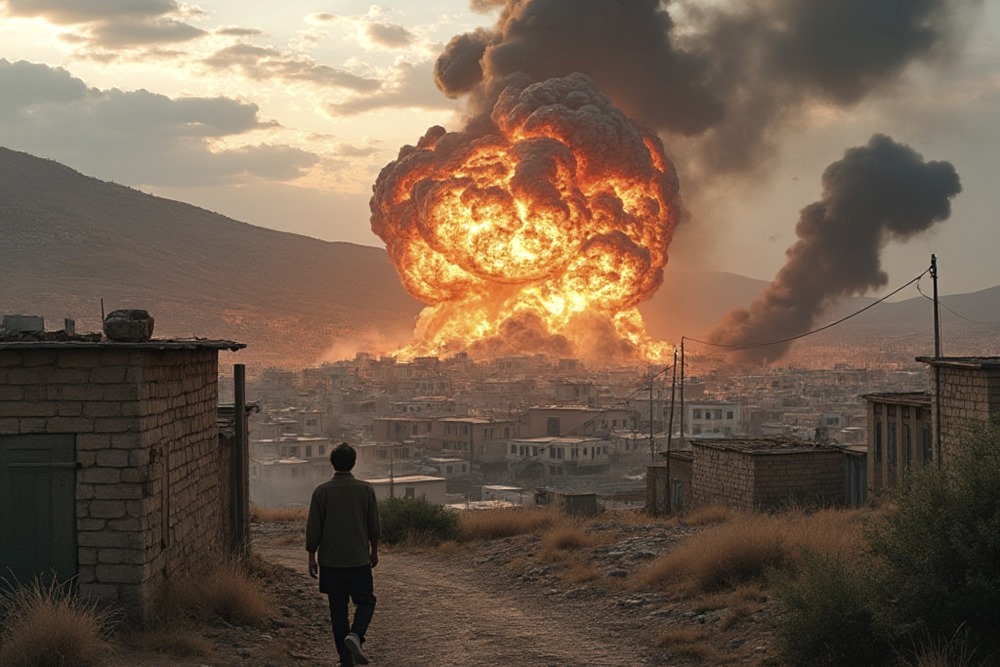
In recent days, Hezbollah reportedly appealed to the Iranian regime for direct military action against Israel. The plea from Beirut highlights Hezbollah’s growing need for external support as the IDF ramps up military operations in Lebanon. However, Tehran rebuffed the request, citing poor timing.
According to Iran expert Raz Zimmt, Tehran sees no reason to get directly involved at this stage. Iran believes Israel can’t fully defeat Hezbollah and will be drawn into a prolonged war of attrition, he wrote on X.
For the time being, Tehran appears confident in Hezbollah’s ability to withstand Israeli pressure without direct intervention. Echoing this analysis, Iran’s Supreme Leader Khamenei said that Israeli elimination of top commanders will not bring Hezbollah to its knees.
Iran’s reluctance to act is also tied to its broader geopolitical strategy. Tehran is currently engaged in diplomatic efforts with the West, particularly around its nuclear program, making direct military involvement in Lebanon inconvenient. However, Tehran’s calculations could shift if Hezbollah’s strategic assets or its very survival come under threat, Zimmt said.
Sima Shine, a researcher at the Institute for National Security Studies, noted a sense of “embarrassment and confusion” among Iran’s leadership. Foreign Minister Abbas Araghchi accused Israel of attempting to push Iran and the US into a broader war, insisting that Tehran “will not fall into Israel’s trap.”
This statement reflects an Iranian effort to distance itself from the conflict in Lebanon, Shine wrote. In a more ambiguous warning, Araghchi added that Iran will not remain indifferent to Israel’s assault, without committing to any specific actions.
Iran caught off guard
The escalation in Israeli military actions in Lebanon caught both Iran and Hezbollah off guard, according to Arab affairs journalist Elior Levy.
Tehran has no desire to sacrifice Hezbollah for the sake of Hamas, particularly with Iran’s nuclear ambitions advancing, Levy said in a Kan news broadcast. This suggests that Iran may prefer to see a ceasefire in Lebanon rather than a large war and direct confrontation with Israel.
Notably, Iran’s decision on whether to actively join the fight in Lebanon carries significant regional implications. Direct Iranian involvement would broaden the conflict into a regional war, potentially drawing in US forces and other international actors.
For now, Iran is treading carefully, balancing its desire to avoid a costly conflict with the need to maintain its image as a reliable ally to Hezbollah and other regional partners. [the Iranians face increasing problems with their proxy strategy, more on this here]
However, Tehran’s reluctance to take action, especially after failing to prevent the destruction of Hamas by Israel, could raise questions about its willingness to protect its allies in moments of crisis.
While Iran may not want a war with Israel, the broader Middle East is watching closely to see if Tehran’s hesitation signals a deeper weakness or a calculated strategic decision.


